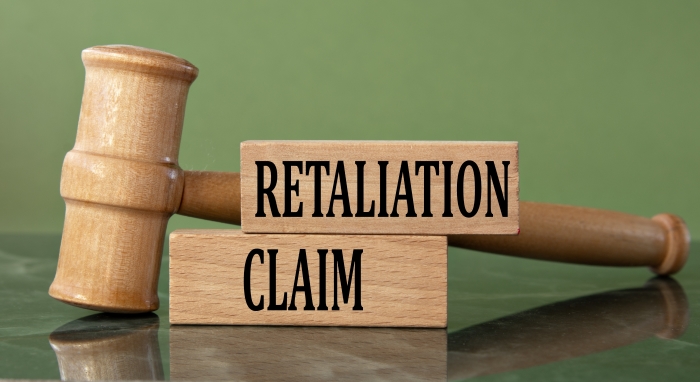The U.S. Court of Appeals for the Fourth Circuit, which includes Maryland, recently issued a decision that nicely sets forth what an employee must prove to establish she/he was retaliated against in violation of the False Claims Act. The case is Carlson v. Dyncorp Int’l LLC.
In order to bring government contractor fraud to light, the False Claims Act has a whistleblower provision which entitles a contractor’s employee to relief where “lawful acts done by the employee … in furtherance of an action under this section or other efforts to stop 1 or more violations of this subchapter” result in retaliatory conduct by the employer. § 3730(h)(1). To state such an FCA retaliation claim, the employee must establish that (1) he engaged in a protected activity; (2) the employer knew about the activity; and (3) the employer retaliated against him in response.
Further, there are two kinds of protected activity for employees of government contractors: (1) filing suit under the False Claims Act alleging fraud on the government; and (2) taking action as part of an effort to stop an FCA violation.
The Fourth Circuit embraced, while not expressly adopting, the rule that to establish the second type of protected activity, an employee need only have objectively reasonable belief that the employee’s employer is violating, or soon will violate, the FCA. This means that the employee could be wrong, but he could still have a retaliation claim if he complained when having an objectively reasonable good faith belief that there was a violation.
The Fourth Circuit ruled against the employee because he, under the facts he alleged, he could not have an objective reasonable good faith belief that the employer had committed fraud on the government. The Court stated: "We find that Carlson has failed to show that his belief that DynCorp was violating the FCA was objectively reasonable."
None of this, however, states a theory of fraud on the government. As DynCorp has maintained throughout this litigation, all Carlson has accused the company of doing is under billing the government on existing contracts. Carlson has not, in either his original complaint or his briefs to this Court, pointed to any FCA provision or case that would make under billing a violation.
Had the employee been able to identify a provision in a law or regulation that he thought the employer had violated as part of its fraud, there likely would have been a different result.
Lebau & Neuworth attorneys frequently and successfully represent both public and private sector whistleblowers. Feel free to contact us (410) 296-3030 or lebauneuworth.com/contact-us if you want to discuss your retaliation matter.











